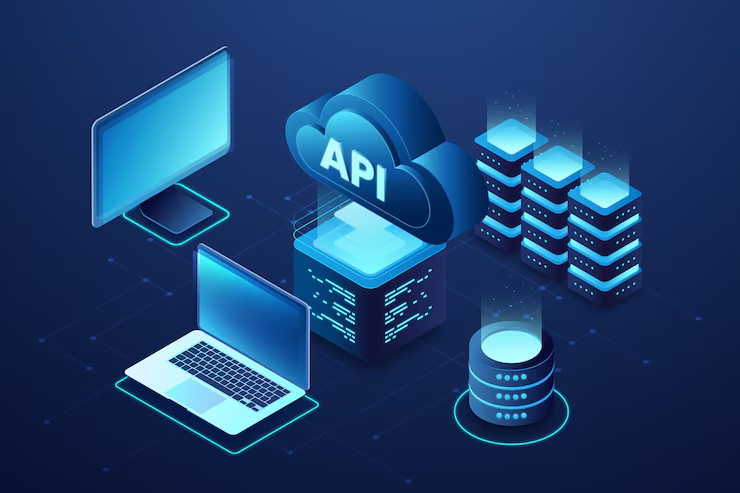1: Maximize the Value of Your Data Assets:- DataOps enables businesses to harness the full potential of their data by streamlining the collection, integration, and analysis of information from multiple sources. This ensures valuable insights that maximize return on investment and drive innovation.
2: Enhance Customer Experiences:- By leveraging real-time data and predictive analytics, DataOps helps businesses gain a deeper understanding of customer behavior, preferences, and needs. This leads to personalized experiences, more effective audience targeting, automated inventory management, and improved customer satisfaction and loyalty.
3: Make Smarter Business Decisions:- With DataOps, businesses can achieve a unified, comprehensive view of their data. This clarity enables data-driven decisions, better forecasting, and actionable strategies to capitalize on opportunities and mitigate risks.
4: Accelerate Time-to-Market:- Efficient data pipelines and agile workflows shorten the cycle from data ingestion to actionable insights. Businesses can launch products and services faster, staying ahead of market trends and competitors.
5: Enhance Operational Efficiency:- Automated data workflows reduce manual intervention, minimizing errors and boosting productivity. Streamlined processes free up valuable resources, allowing teams to focus on strategic priorities.
6: Ensure Data Quality and Compliance:- DataOps frameworks focus on data accuracy, consistency, and governance. This not only ensures compliance with regulatory standards but also improves trust in data-driven processes across the organization.
7: Enable Real-Time Insights:- With DataOps, businesses can process and analyze data in real-time, enabling quicker responses to market changes, customer demands, and operational challenges. This agility provides a competitive edge in fast-paced industries.
8: Foster Collaboration Across Teams:- DataOps breaks down silos by fostering collaboration between data engineers, scientists, analysts, and business teams. This unified approach ensures alignment on goals, priorities, and outcomes.
9: Support Scalable Growth:- As businesses grow, their data requirements become more complex. DataOps frameworks are designed to scale with your organization, ensuring continued efficiency and adaptability in managing large and diverse datasets.
10: Drive Innovation:- By creating a robust, agile data infrastructure, DataOps empowers organizations to experiment, innovate, and continuously refine processes, ultimately driving long-term growth and success.
11: Unlock Predictive and Prescriptive Analytics:- DataOps enables businesses to go beyond historical analysis, allowing for predictive insights and actionable recommendations. This foresight supports proactive decision-making and better resource allocation.




